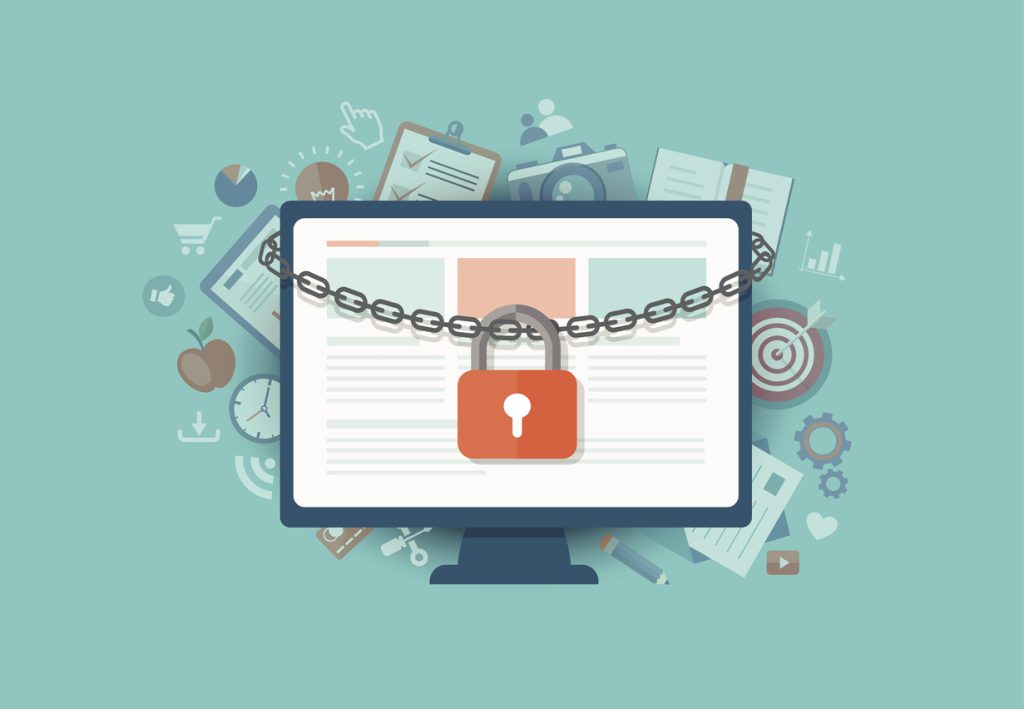Almost 40% of UK businesses are thought to have suffered a cyber attack in 2022. Among those reported incidents, a huge 83% were identified as phishing attempts.
Here we will look into what phishing attacks are, how to identify them, and how to protect yourself, your business, and your clients.
What is phishing?
Phishing attacks typically take the form of emails or SMS messages. They may be designed to look like communication from a person known to the target or a business.
The average attack directs the user towards a link or downloads masquerading as something, such as an important document, discounted goods, or medical information.
While every effort to catch cyber criminals is made by officials, doing so is made tricky. Criminals’ methods of masking identities can be just as sophisticated as the systems designed to catch them.
The COVID-19 pandemic offered cybercriminals greater opportunities on two fronts. A widespread move into online spaces for retail and other services has led to a greater abundance of personal data being stored online.
Less online-savvy members of society have also had to conduct affairs over the internet. This has made phishing attacks all the more prevalent.
How to avoid falling victim to phishing attacks
The National Cyber Security Centre (NCSC) recommends taking these steps to protect you and your business from falling foul of a cyberattack.
- Make a contingency plan: An attack can be devastating if you don’t plan. Backing up sensitive data and acting sensibly online means that you can react quickly if you fall victim. Malware removal software can also come to the rescue if the worst happens.
- Back up your data: If you or a colleague do click on a harmful link, disconnect from all networks and reset devices. This might limit some of the damage. Without a backup, your business operations can grind to a halt, however. Therefore, make sure that saved versions of databases are regularly updated.
- Use online tools: Most email clients or smartphones will enable you to block potentially harmful senders. If you need to take your work operations on the road and use public networks, a VPN also offers an added layer of protection against would-be snoopers.
- Beef up your security: Use multi-factor authentication to protect your devices from physical breaches. Also, make sure that you regularly train your staff on the perils of phishing attacks and how to stop them. Your IT department may be able to simulate a phishing attack to test your colleagues’ vigilance.




















